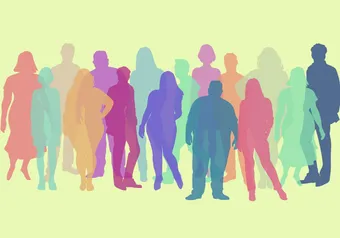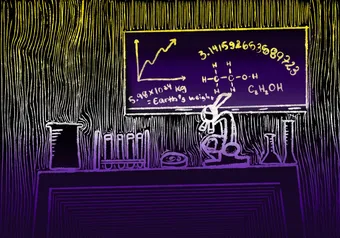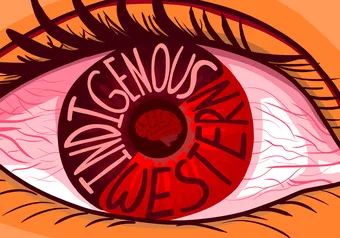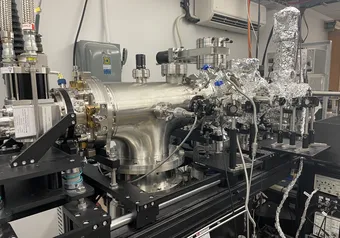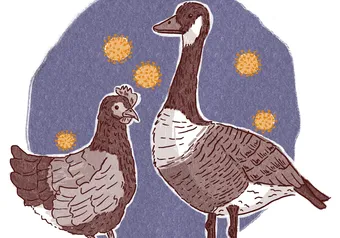Genetic counsellors at UBC are educating patients about the patterns and risks associated with their neurological health.
Living with a diagnosis or family history of neurological illnesses is a challenging burden for individuals to carry. Genetic counsellors bridge the gap between diagnoses and reality, effectively working to educate a patient on their health history and potential risks.
“My role is a [primarily] clinical role,” said Emily Dwosh, a genetic counsellor with the UBC Hospital Clinic for Alzheimer's Disease and Related Disorders (UBCH CARD). Her work involves “direct patient care,” where she spends her time addressing cognitive concerns, prevention methods and possible family histories.
Her clinic is commonly referred to as the UBC Alzheimer’s Clinic, but there are many different types of cognitive disorders that fit under the umbrella of dementia.
“We see patients with Lewy body disease, we see patients with frontotemporal dementia,” she said. Dementia can also be caused by stroke or impaired blood flow in the brain. In addition, there is a wide range of rarer conditions, some of which are genetic and some of which are not.
But when it comes to Alzheimer's disease, research has pegged genetics as an essential component. One 2011 study suggested that upwards of 70 per cent of one's risk of developing Alzheimer's disease is genetic.
Research is rapidly moving to better understand how different genes are tied to this disease — one 2022 meta-analysis from Nature Genetics surveyed multiple genes tied to the development of Alzheimer's disease and was able to update risk scores to predict disease development and progression.
However, this area is complex and requires the expertise of genetic counsellors like Dwosh. The main part of her job revolves around helping her patients adjust to their diagnosis and understand their options amidst this rapidly changing medical landscape.
Becoming a genetic counsellor
UBC is one of five universities in Canada that offer a genetic counselling program. This two-year master’s degree provides students with both the foundational and practical knowledge to become a genetic counsellor.
“I see it as the intersection of psychology and medicine,” said Robin Curtis, educational coordinator at UBC’s department of medical genetics.
“I would say in their first year it’s probably two-thirds theory,” he said. When students move onto their second year, practice-based learning takes the two-thirds majority of the program.
Curtis explained these direct experiences as one of the “defining features of genetic counselling,”
Through their clinical rotations, students are given the opportunity to work alongside genetic counsellors, learning about the profession through first-hand experiences. Curtis explained that students have travelled across different provinces and occasionally to the US to visit various hospitals.
The road to becoming a genetic counsellor has become highly competitive over time, with a small number of applicants making it into the program.
“Our incoming cohort each year is only six students,” explained Curtis. From an approximate pool of 120 applicants, roughly 30 are interviewed, narrowing the applicants into the final group.
However, the high number of applicants comes as no surprise considering the dramatic innovations in the study of neurological diseases.
Dwosh explained that one key aspect of being a genetic counsellor is keeping up with new discoveries in the scientific community to give patients the most up-to-date information.
“The idea of sequencing an entire [protein-coding part of the genome] 20 years ago was not even on our radar,” she said. When she first started her master’s degree, her class was only the fourth graduating class of this program. Now, many technologies and innovations that she dreamt of as a student are now a reality.
“It's an ever-evolving field.”
A previous version of this story contained misleading information regarding the role genetics plays in the development of Alzheimer's disease. Peer-reviewed literature and further context have been included for scientific accuracy. This article was updated on January 18, 2023 at 2:20 p.m. to reflect this change.
First online
Share this article



